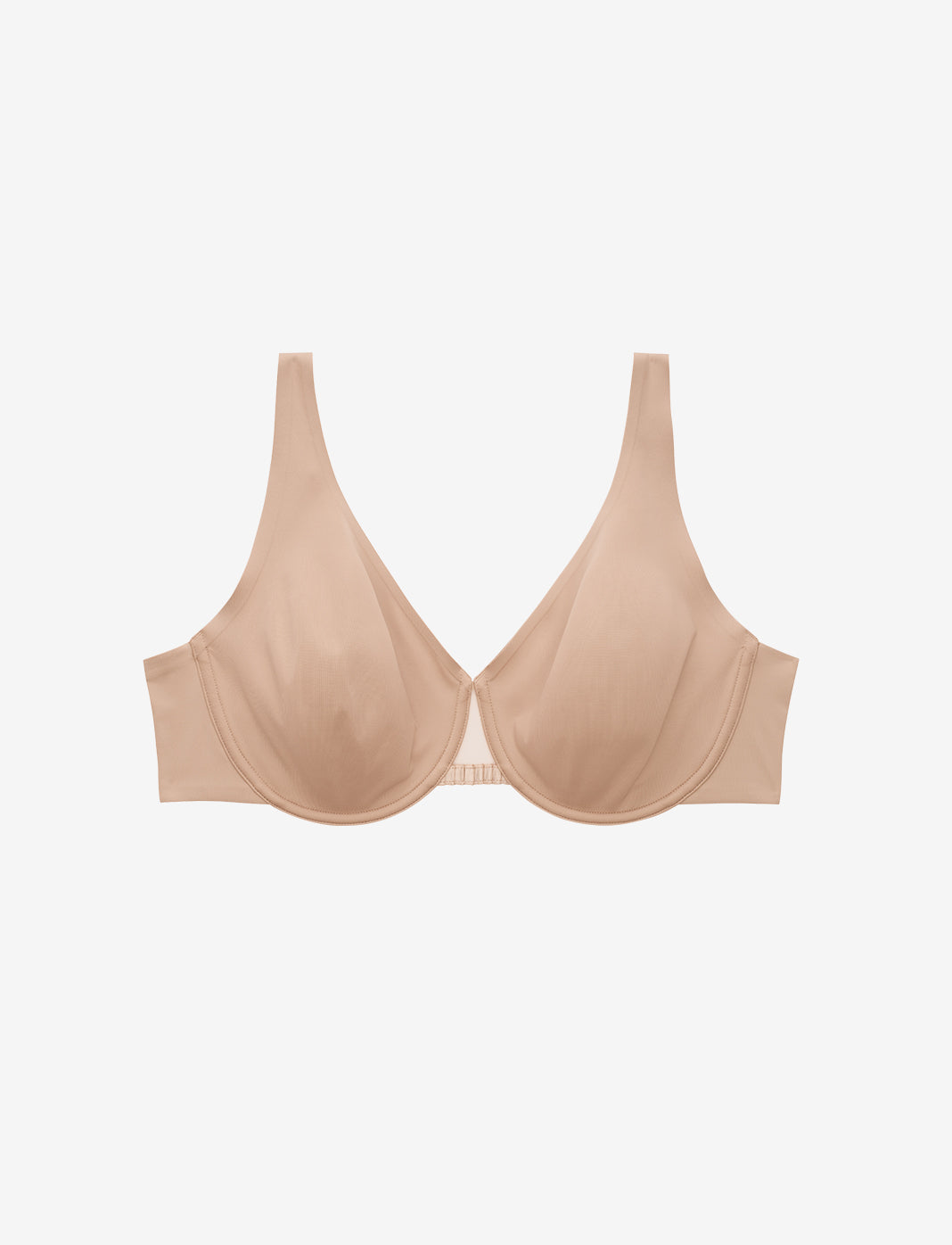Sascha Mayer knew that there was something missing for traveling moms on the go. Through her experience as a nursing mother, she found that it was often uncomfortable and inconvenient to pump or feed on the go – even ending up in the backseat of a coworker’s car or a bathroom stall to pump. Sascha knew things could be better, believing that nursing should be a right, not a privilege. From that lightbulb moment, Sascha set out with co-founder Christine Dodson to create Mamava, breastfeeding and nursing pods that have started popping up all over. Read on to see how Mamava grew into what it is today, what motivates Sascha even in tough times, and what success means to her now.
When did you start your company?
The idea originated in 2006 when I was breastfeeding my second child, but we didn’t form the company until 2013 when we placed our first prototype.
Why did you start your company?
My inspiration came from my personal experience while traveling for work. It was hard enough to leave my baby for extended business trips but so demoralizing to have to use my breast pump in a restroom. There was a clear we knew could be solved through design.
Tell us about yourself.
My first day of kindergarten in 1976 my teacher introduced herself as Ms. Hutton (not Mrs. or Miss) and she explained why. When I got home, I told my mother that I was going to be a Ms. too. I’ve identified as a feminist activist ever since.
Was there anyone who helped pave the way for your business or your path as an entrepreneur?
My co-founder, Christine Dodson, and I were able to incubate Mamava at the design studio where we both worked. The studio, Solidarity of Unbridled Labour (formerly JDK Design), is led by an amazing creative director named Michael Jager. Michael was convinced good design could solve real-world problems and gave us the time and resources to develop the idea without us having to leave our day jobs. Once we got enough traction around the Mamava business I left to focus on Mamava full time, followed by Christine two years later. As integral contributors to the design studio, it was hard for Michael to let us go, but now our success is his success.

What are some of the ways entrepreneurs today can help raise and inspire the next generation of women entrepreneurs?
I hope Mamava is setting an example for how a company can be run that the next generation of women entrepreneurs can follow. We’ve built a business around empathy and solving a problem through design that sees all of our humanity. As a company culture, we have work-life balance, transparency, and we celebrate each individual’s different gifts.
How would you describe yourself in three words?
Creative, Impatient, Observant.
What quality do you love most about yourself?
Having grit and being cool under pressure, although I don’t know if my colleagues see these as core strengths!
When do you feel most beautiful and/or confident?
When I am completely in my body whether that is enjoying a good meal, cross country skiing, swimming in the ocean, or even playing badminton with my kids.
When and where are you happiest?
See above.
If you could give your younger self advice, what would you tell her?
I used to think business was all about math, but it’s actually really creative. I would tell myself not to be afraid to consider business as a viable course of study.
What is your motto?
Perfection is the enemy of progress.
What are the advantages or benefits of being a founder that many people may not realize or know about?
I’ve loved being able to build our team from the ground up. Our earliest employees are our cultural co-founders who lay the foundation for what the business is becoming from the inside out and set the tone for customers and the broader community. In the beginning, you have to do everything yourself, so finding people who are aligned with the mission and specialists in their fields feels amazing.
What did success mean to you when you first started your company? How has your definition of success changed since then?
I think in the beginning we just wanted to provide a solution for lactation space, but since we placed our first prototype in 2013 in the United States the rates of women who initiate breastfeeding after giving birth have increased, and more women are breastfeeding longer after returning to work. We see our company as creating a network of infrastructure, information, and community connection to support moms who choose to breastfeed, the fact that more women are choosing to breastfeed is the greatest evidence that we are successfully meeting our mission.
What does your morning routine look like?
My summer routine is my favorite because my husband is a teacher and can handle all the morning kid wrangling because he is off in the summer. I wake up early and go out to feed my chickens, and weed and water my garden. I then harvest some greens or berries for my breakfast smoothie which I blend and drink on my way to work. I get to work early so I can get as much done before the meetings start.
What motivates you to keep going in the toughest of times?
The breastfeeding moms who are the lactivists who advocate for themselves and for us. They are the #timesup generation using social media to drive meaningful change. Getting an Instagram or Facebook message from a grateful mom using a pod, and thanking us for being there for her makes everything worth it.
What are your favorite ways to practice self-care?
I love catching up on podcasts while going for long walks with my dog.







